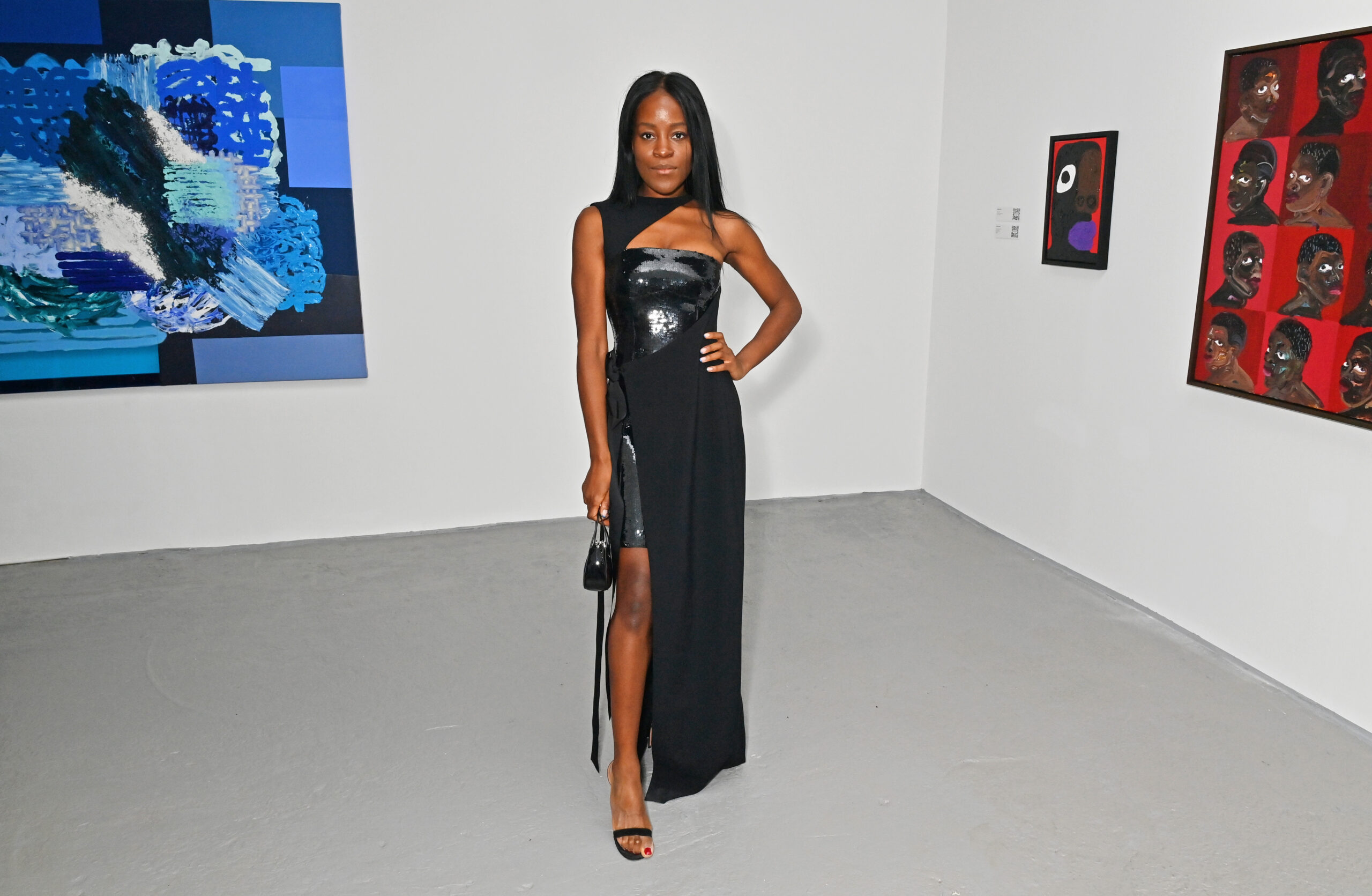An upcoming new London exhibition titled Black Venus will take a capturing look into the varying aspects of Black femininity.
Black Venus will debut at Somerset House in England on July 20 and is curated by Aindrea Emelife.
The exhibition will feature 18 women and non-binary artists. Artists whose work will be part of the show include Carrie Mae Weems, Renee Cox, Sonia Boyce, Zanele Muholi, Ming Smith, and Lorna Simpson.
Black Venus first debuted in 2022 at New York’s Fotografiska. But the exhibition at Somerset House features a new reworking of the show — including over 19 new works and six UK-based artists.
Speaking to Dazed, Emelife detailed that the show is built on three archetypes — the Hottentot Venus, the Sable Venus, and the Jezebel.
“Throughout art history, Venus has been an emblem of beauty: porcelain skin, blonde hair, birthed from a shell. Replacing that image with the Black woman allows us to question what the world would be like if our icons of beauty in art history, which feed into a wider visual culture, were more expansive,” Emelife said. “What if there were more examples of Asian women or Black women? It also looks at colonial ideas of Black women and allows us to understand how they were seen.”
Emelife says the Black Venus was almost seen as an impossibility.
“Even though I’ve chosen to use the title as an empowering phrase, historically, it would have been laughable because a Venus could never be Black. It’s almost a parody of the concept,” she explained. “The phrase is a reclamation, saying, of course, a Venus could be Black.”
Through the show, Emelife aims to explore how the Hottentot Venus, the Sable Venus, and the Jezebel archetypes have been used to shape ideas around Black femininity. While she will also use the work of the featured artists to express the nuance of the reality of their views on femininity as Black women and non-binary artists.
“There are endless things to add. It’s a huge topic with an expansive history and storytelling that, as you’re saying, hasn’t been touched on. I think about the exhibition, and the book, as a catalyst for further investigation,” said Emelife.
She explains that the show includes some artists who haven’t been regarded for a while but who she considers important.
“There are non-binary perspectives because, where there are great Black feminist discourses and Black women discourses in art history, because of the timings of those ideas, there’s not always an inclusion of those perspectives,” Emelife continued. “I didn’t want to fall into the trap of just thinking about the normative female body, so I used the word ‘woman’ rather than ‘female’, as ‘woman’ feels all-encompassing and ‘female’ feels too rigid.”
Black Venus will run through September 24.
